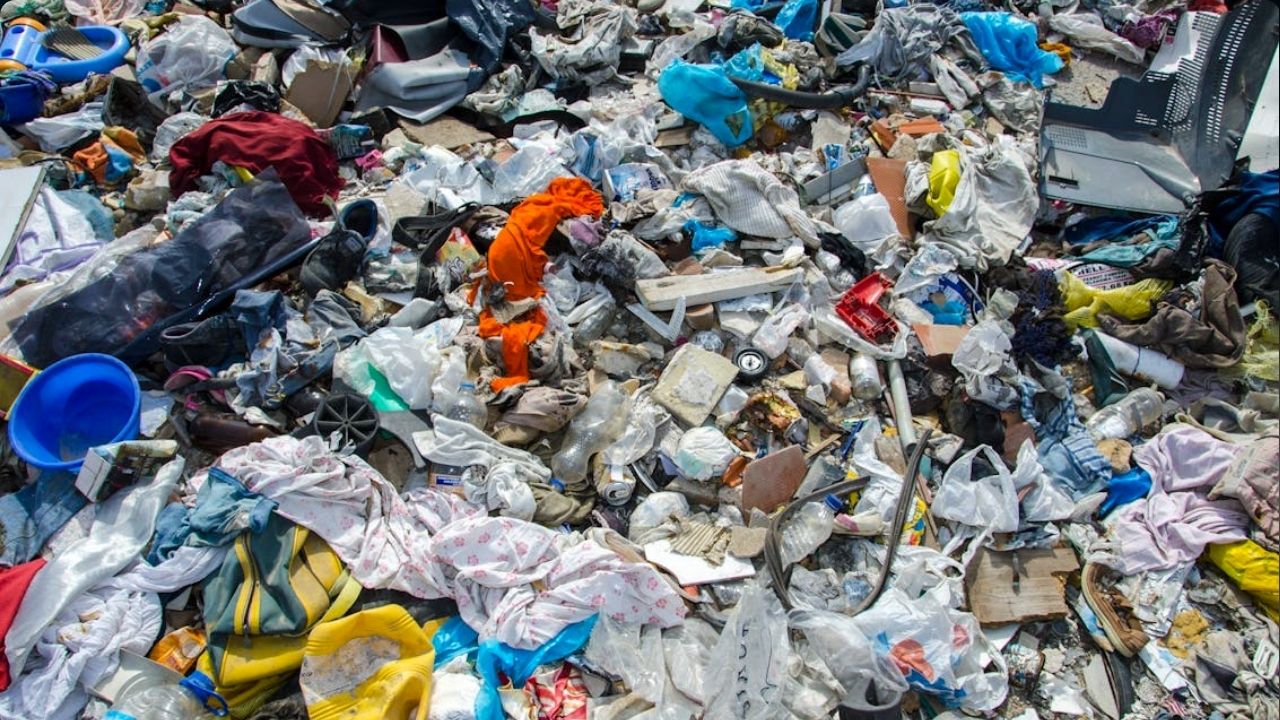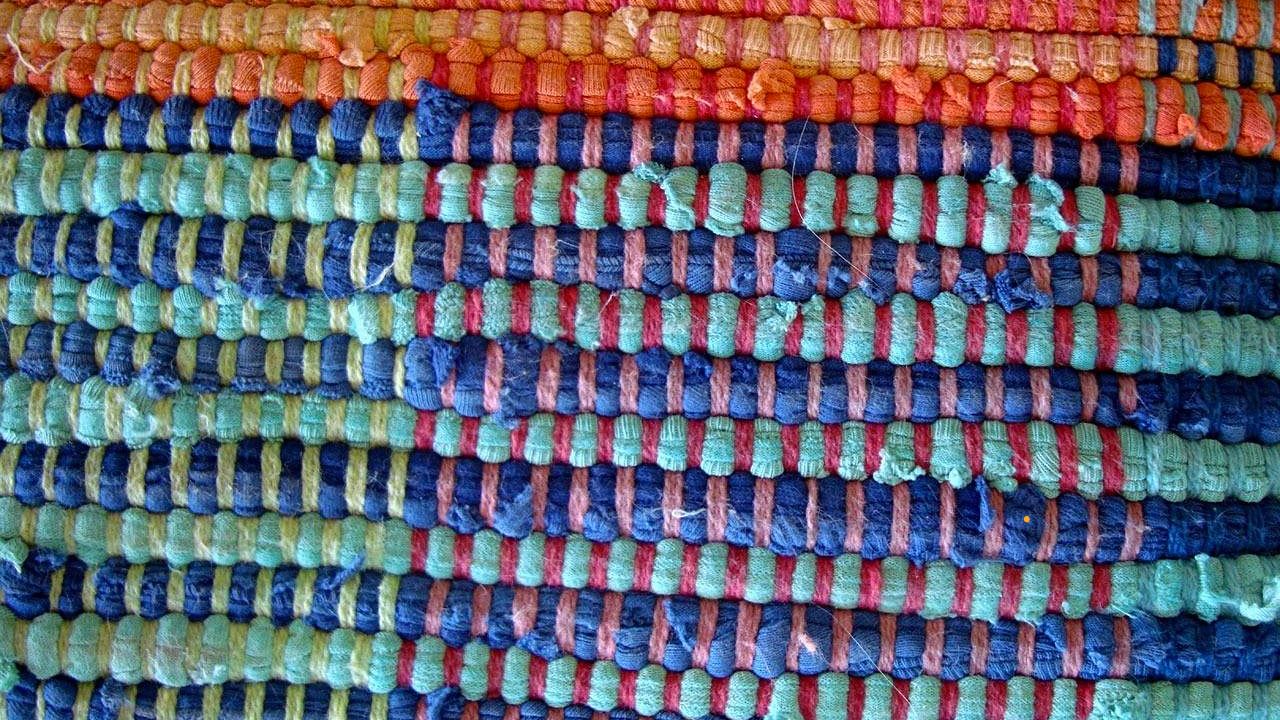 English
English

Fast-changing trends are creating pollution, see how traditional practices and innovative approaches can tackle textile waste while creating economic opportunities.

Fashion's Dirty Secret Source: Pexels
New Delhi: New clothes - who doesn’t like new clothes? But fast fashion is a huge problem. Fast-changing trends, cheap clothes encourage people to buy more and throw away more clothes. This leads to create tons of water pollution, pollutes rivers with chemicals, and pumps out a lot of carbon that warms our planet. It's a dirty fashion secret because we love new clothes, but we don’t realize the huge environmental cost.
India is stepping up to change:
Indian culture has always valued reusing and repurposing things. The traditional mindset is now helping lead the way for India to make fashion more sustainable.
How is India driving this revolution?
Old Habits: In India, it's an old tradition to repair clothes, pass them to the younger generation, or reuse old clothes by making new items like turning old sarees into bags, old clothes like jeans, shirts into quilts/ mats. This natural "reuse" culture is a huge advantage.
Recycling Powerhouse: India is a major hub for textile recycling, particularly skilled in "mechanical recycling," which involves shredding old fabrics to create new yarns or materials for items such as blankets and carpets.
Government and Industry Push: The Indian government, along with different organizations, is making efforts to improve the situation. They are working on establishing better systems for gathering and sorting textile waste. Additionally, they are motivating businesses to take charge of their products throughout their entire life cycle, from production to recycling. This also leads to the creation of new "green jobs".

Old fabrics turned into rag rugs ( Source: Pixabay)
Small businesses in India that work on recycling cloth waste:
Doodlage: It’s a well-known Indian brand; they collect post-consumer and pre-consumer textile waste from factories and turn it into new garments and accessories. Their focus is to create a unique and limited-edition collection.
Dwij: This start-up is focused on upcycling denim. They take old jeans from factories and transform them into stylish bags, backpacks, and other accessories.
Local Artisans and Women's Self-Help Groups (SHGs): In India, several small, informal groups are who are upcycling clothes. They collect old fabrics and turn them into Blankets with transitional embroidery. Foot mats and rag rugs are very often sold and purchased.
These small businesses play a critical role in India‘s reuse and recycling revolution.